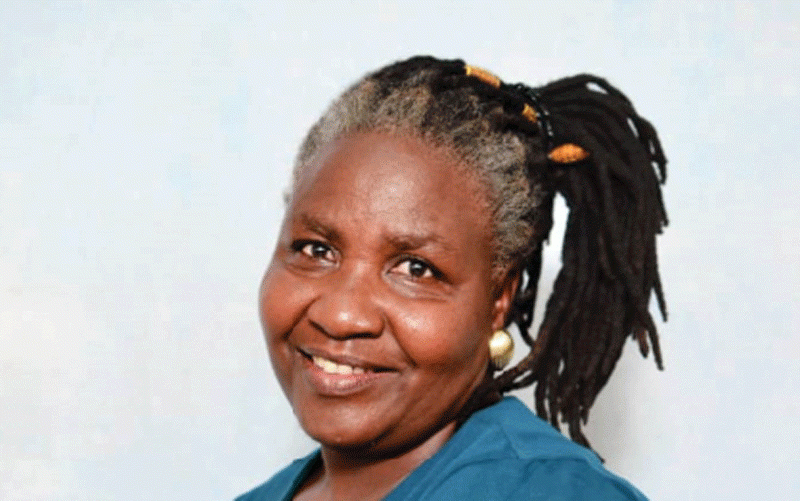
AFFECTIONATELY known as Tete Spedia, teacher and ex-cop Spedia Nyikambatonga has said her latest music video Don't Touch is targeted at fighting child abuse.
She said the video sought to educate children about child molestation, anatomy and body parts, inspired by her experience as an ex-police officer and an early childhood development (ECD) teacher.
The core message of Don't Touch is that children have the right to refuse unwanted touch and that their bodies belong to them. She hopes in the long run children will apply the knowledge she is imparting to them by speaking out if they feel uncomfortable or unsafe.
“I used a riddle game song to teach children about body autonomy and personal boundaries because it's an engaging and interactive way to convey complex information. Children love music and games, so this approach helps them to learn while having fun. As an ex-police officer and ECD teacher, I've seen firsthand the negative effects of child abuse and the importance of educating children about their rights and boundaries. This project is part of my broader work in promoting child protection and sexual and reproductive health rights (SRHR).
“Creating the Don't Touch video was a collaborative effort involving children from Tariro School led by their teacher Mrs Mapfeka and children from Little Seeds Preschool, where I teach, along with two of my colleagues. The children were enthusiastic and responsive throughout the project. We employed a child-friendly approach to ensure they felt comfortable and empowered,” she told NewsDay Life & Style.
“To make the video both entertaining and educative, we incorporated music, dance, interactive elements and drawings by Alex Muziyani. We also received valuable assistance from film and theatre experts Bridget Paradza, Adler Mbofana, Auxillia Mucharevei, Elizabeth Majongwe, Leo Jakata Erics and Fatima Phiri who helped us to ensure the content was suitable for young children and effective in conveying our message.”
Response and impact
The Don't Touch video has garnered widespread acclaim for its innovative approach to educating children about SRHR. The video's catchy song has inspired social media influencers and elderly individuals to create their own Tik Tok and Facebook videos. Its impact extends beyond its original purpose, with users adapting the "Don't Touch" message to various situations, such as promoting healthy relationships and the maintenance boundaries. Although quantifying the video's impact is challenging, anecdotal evidence suggests that children are applying the knowledge gained from the video. For instance, some children have said they are more confident in asserting their boundaries and saying "no" to unwanted touch, even in situations where they may be accidentally touched while playing. Future initiatives will focus on developing additional educational resources for children and adults, as well as providing training and support for educators and caregivers. To get involved, readers can share the Don't Touch video with their networks, provide feedback and suggestions for future projects, and support organisations dedicated to SRHR and child protection.
- Govts urged to fund ECD
- Call for more ECD teachers
- Govt zeroes in on rogue teachers
- Poor infrastructure disrupts education in Mat North
Keep Reading
Challenges and controversies
While sharing the Don't Touch video, we've encountered challenges from individuals who feel the content is too explicit or sensitive for young children. However, we've addressed these concerns by highlighting the importance of educating children about SRHR providing evidence-based information. Notably, ECD guidance and counselling topics emphasise the importance of teaching children about inappropriate touch.
In response to critics, I emphasise that the video is designed to be age-appropriate and child-friendly. Unfortunately, common mistakes made by parents, such as bathing children in public or allowing inappropriate physical contact, can put children at risk. The Don't Touch video aims to educate children, rescue them from potential harm and ultimately reduce cases of child molestation. Misconceptions surrounding SRHR and child protection in Zimbabwe include the notion that children are too young to learn about SRHR or that discussing SRHR promotes promiscuity. We can address these misconceptions by providing accurate information, promoting education and awareness and supporting efforts to promote child protection and SRHR.







